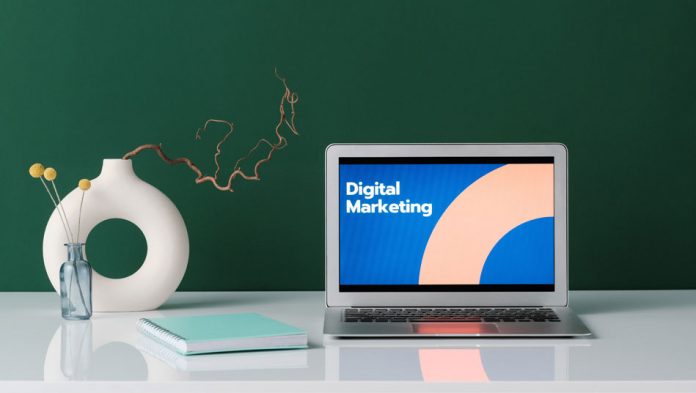Table of Contents
Digital marketing helps businesses connect with their customers and build relationships with them. It is considerably cheaper than traditional marketing methods and gives businesses an edge over the competition while enabling them to stay relevant through the use of modern tools and techniques. When the managers and executives of business organizations are involved in the development of their Digital Marketing Campaigns. They gain knowledge about new industry trends, which they can also implement.
In addition, digital marketing is universal and helps brands to break into new territories. This is why many companies that plan to expand their customer bases include digital marketing in their promotional strategies. And since most adults have smartphones, your ads can be in front of your audience when they are performing other functions on their mobile devices.
For digital marketing campaigns to be successful, various factors have to be considered, and different components must come together. Keep reading to find out how to develop a winning digital marketing campaign for your business.
1. Decide Your Main Goal
Having well-defined digital marketing goals from the onset is crucial. Depending on your business needs, your marketing objective may be to drive conversions, generate leads, introduce a new product or service to your target audience, improve sales, or raise brand awareness. Your aim may even be to get past customers to patronize your business again. Just like business goals, digital marketing goals should be specific, attainable, measurable, timely, and relevant. This will help ensure that your marketing strategy is implemented successfully.
Consider creating your marketing budget at this stage. The amount of money you allocate to your digital marketing campaigns depends on the size of your business, your industry, and how long you’ve been in business. If your company is still in its early years. You’ll likely need to invest a higher percentage of your projected sales into your marketing efforts. Companies can spend up to 20 percent of projected sales on marketing.
2. Identify Your Target Audience
It’s important to identify the people or companies your digital marketing campaigns will be targeting. Having a specific target audience helps increase your potential return on investment since the promotional materials will get to the people who will most likely take the actions you desire. Some of the factors you’ll need to consider in this stage are the geographic location, age, occupation, and educational level of your target audience.
It is also good to know the types of media or platforms you’ll need to publish your campaign materials on to get the desired results. For instance, if you are a company marketing products to people under 30, you’ll most likely find your target audience on social media platforms. One way to ensure your ad reaches your desired audience is by applying search engine optimization (SEO). SEO by BANG!, a Phoenix-based SEO company, emphasizes that ”effective SEO will help bring prospects searching for your product or service to your company’s website.”
3. Develop Your Message
The message you create about your product or service should be tailored to suit your target market. When developing your content, you should consider your target audience’s needs or problems. And how your product or service solves them. Let your audience know that you understand their needs by putting out a message that appeals to their emotions and evokes a response.
Importantly, your promotional message should be credible. Credibility reinforces your audience’s confidence in your brand and justifies making the purchase. You can use customer testimonials, endorsements from leaders in the industry, or share your brand’s success story to foster confidence in your brand.
4. Create Your Strategy and Implement Your Campaign
In digital marketing, there are many channels to choose from. That’s why it is crucial to carefully select the media channel to deliver your message. Your digital marketing budget significantly impacts your choices. The more funds you have, the more channels you can use for your campaign. However, your focus shouldn’t be on publishing your message on as many platforms. As you can find but on choosing the one that’s right for you.
After developing your digital marketing campaign, it’s time to implement it. Ensure you monitor the campaign to determine if there’s a need to tweak your promotional content. Also, measure and analyze the results of your campaign. This will help you see which group of audiences responded best to your message and which channel provided the best outcome. Also, you’ll be able to improve your future digital marketing campaigns.
5. Use a Proxy Server
When doing keyword research or gathering market data, it’s best to do it quickly and efficiently. A web scraper will allow you to extract your needed data faster than a human possibly can, but websites will ban your account and IP address if they detect you’re using a web scraping bot. A proxy server will allow you to utilize a web scraper without getting banned and even give you full anonymity when browsing the internet.
It’s recommended to use private proxies but you can also use free proxy servers. Just make sure that you get your proxies from a trustworthy proxy provider.















